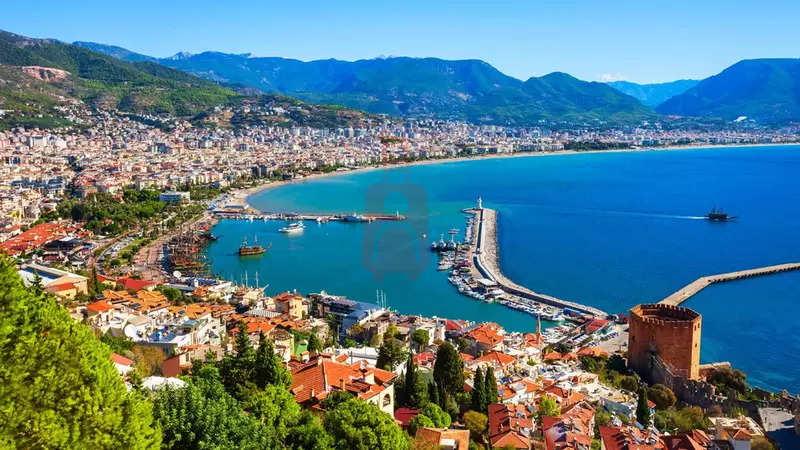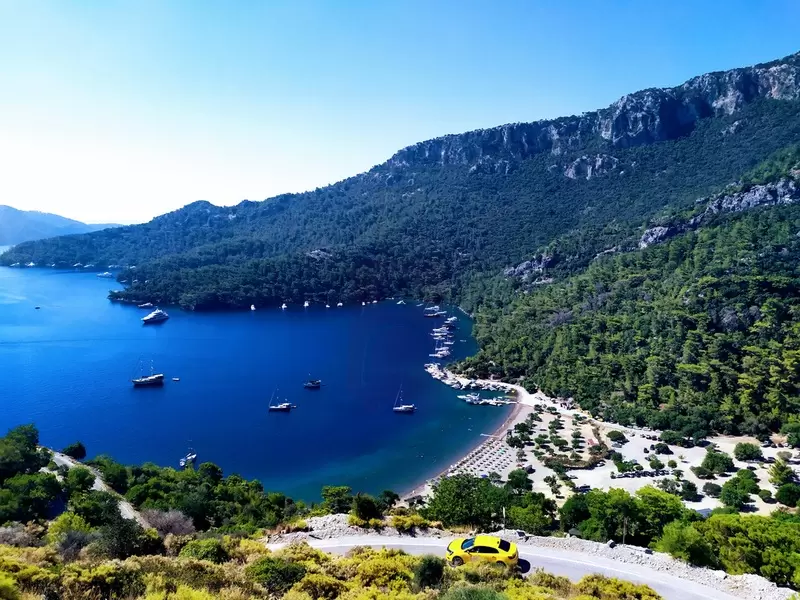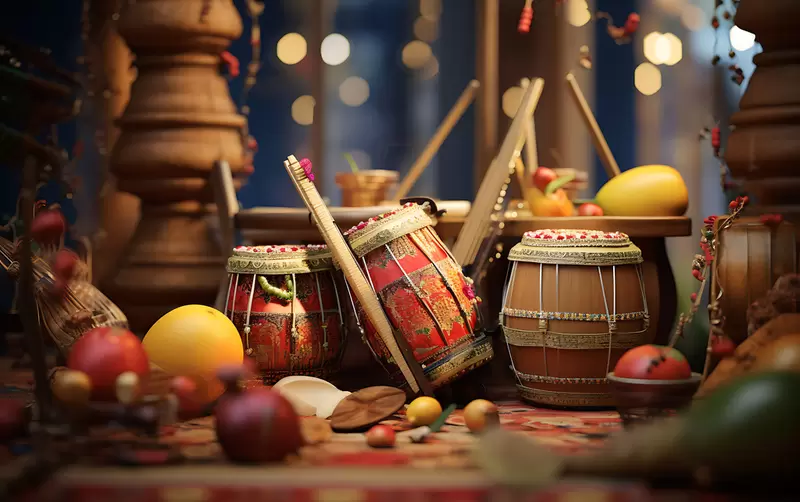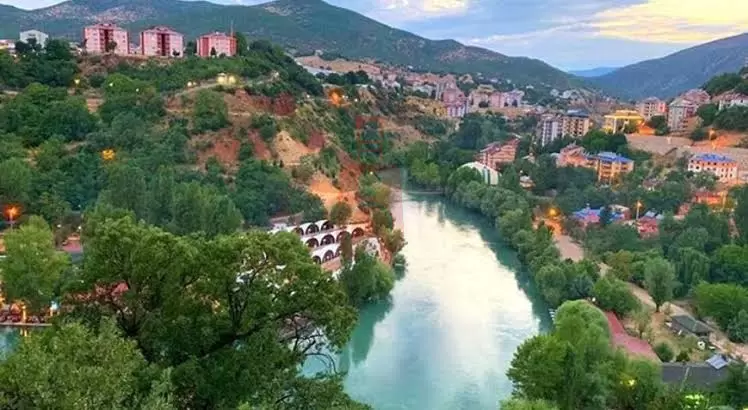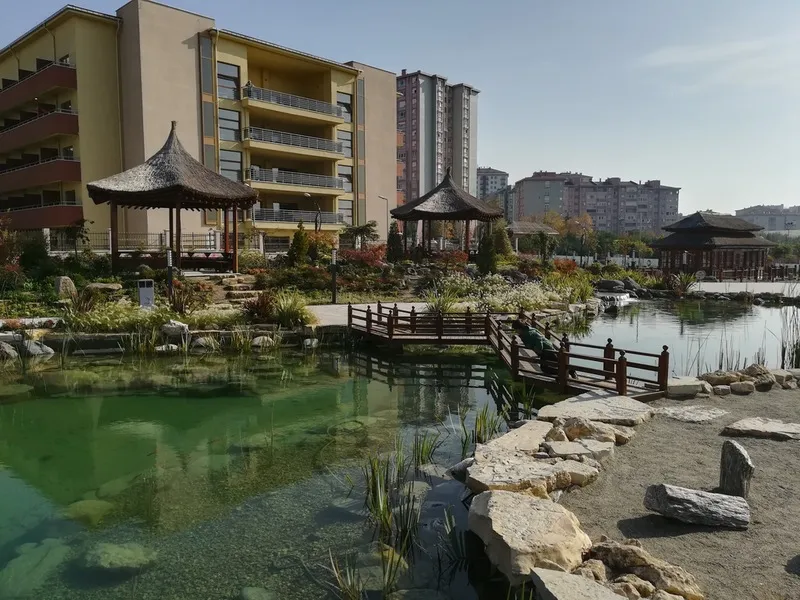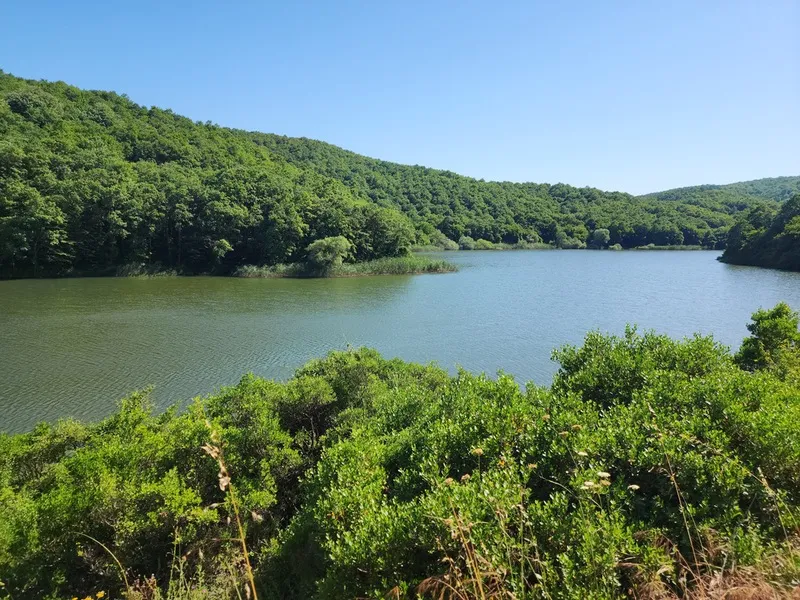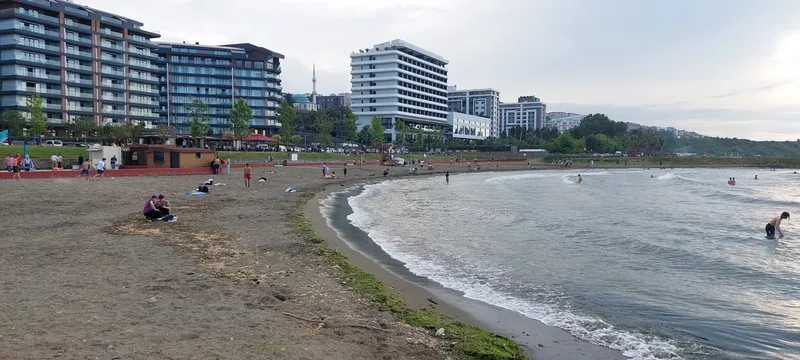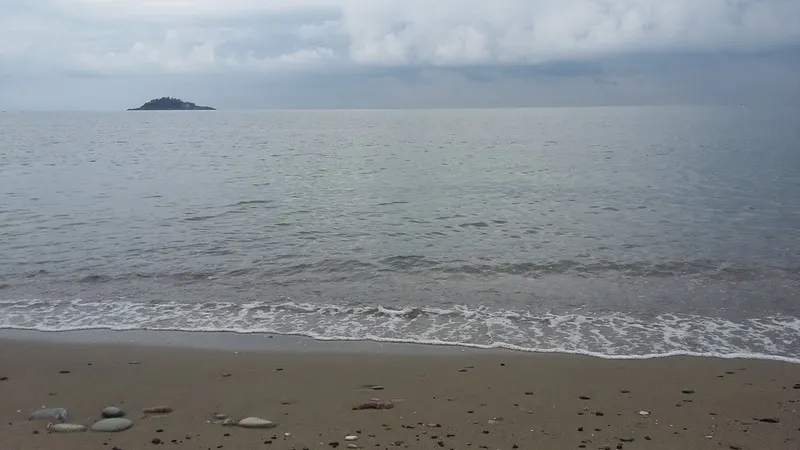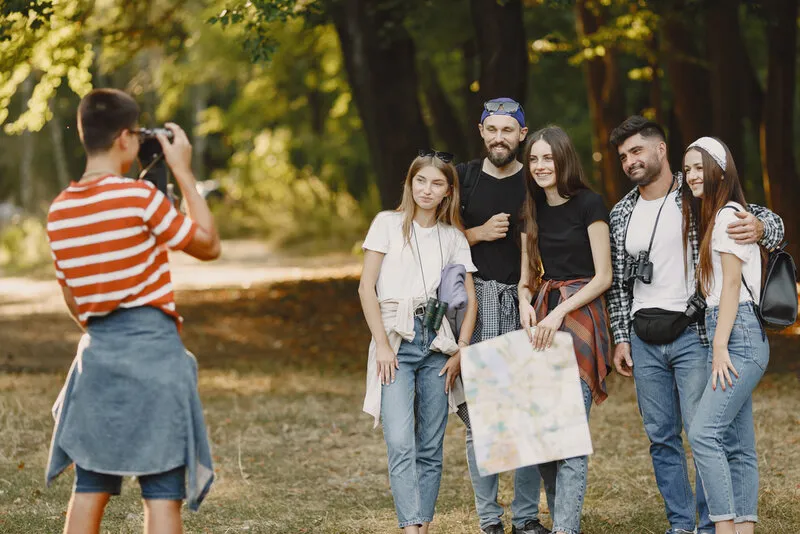
Volunteer Group Trips in Türkiye: Uniting Service, History, and Cultural Exchange
Türkiye presents a profoundly meaningful option for [Volunteer Group Trips], seamlessly blending the rewarding work of service with unparalleled access to historical sites and vibrant local cultures. These journeys are designed for groups—whether university students, corporate teams on CSR (Corporate Social Responsibility) missions, or community organizations—seeking a shared experience that goes beyond tourism. Volunteer travel in Türkiye is highly impactful, focusing on key areas of need like archaeological preservation, environmental conservation, and community development.
As your professional tourist guide, I confirm that the infrastructure for managing volunteer groups is strong, supported by various governmental (like the [Turkish Youth and Sports Ministry]) and non-governmental organizations (NGOs). This detailed guide explores the essential sectors for group contribution, highlights the prime geographical locations for collaborative work, and provides critical logistical and ethical advice for maximizing the group's positive footprint.
I. Archaeological Preservation: Unearthing Ancient Heritage
Türkiye's historical wealth means archaeological sites constantly require assistance. [Archaeology Volunteer Groups] provide crucial labor and support to ongoing excavations, offering participants the unique reward of literally touching the past.
Key Excavation Destinations
University-led and Ministry-sanctioned excavations regularly host groups, typically during the [Summer] months when the weather is dry and conducive to digging:
- The Neolithic Sites: Groups can contribute to groundbreaking work near [Şanlıurfa], assisting with excavations at sites like [Göbeklitepe] and the [Taş Tepeler] region. This type of volunteering offers an academic and physical challenge, connecting groups to the very dawn of human civilization (around 12,000 years ago).
- Classical Ruins: Volunteer teams are often recruited to assist at vast Greco-Roman sites such as [Ephesus Ancient City] (İzmir) or [Pergamon]. Tasks include meticulous cleaning of artifacts, cataloging finds, and basic structural consolidation and maintenance of ruins like the [Celsus Library] facade.
- Restoration and Surveying: Other projects focus on the restoration of architectural heritage, such as work on Ottoman-era stone buildings in traditional villages like [Mudurnu] or [Safranbolu].
Participating groups must be prepared for disciplined, physically demanding work, but the reward is a [behind-the-scenes view] of global history and collaboration with professional archaeologists. Accommodation is often rustic, located near the dig site, fostering strong group bonding.
II. Environmental Conservation and Trail Stewardship
Türkiye’s dramatic coasts and diverse ecosystems require constant maintenance. [Environmental Volunteer Groups] focus on marine protection, forest preservation, and trail maintenance, particularly along the popular hiking routes.
Coastal and Marine Protection
The Mediterranean and Aegean coasts offer conservation roles, often coordinated with international partners and Turkish NGOs ([TÜRÇEV]—Turkish Foundation for Environmental Education).
- Sea Turtle Monitoring: Groups can volunteer during the [Nesting Season] (May to September) to protect [Caretta Caretta] (loggerhead sea turtles) nests along beaches like [İztuzu Beach] (Dalyan, Muğla). Work includes nightly patrols, nest marking, and public awareness campaigns.
- Beach and Marine Cleanup: Organized campaigns are common in tourist areas like [Kaş] and [Fethiye], targeting plastic pollution and waste management in sensitive coastal areas and secluded bays.
Hiking Trail Maintenance (The Lycian Way)
Hiking and outdoor clubs frequently organize groups to maintain Türkiye’s most famous long-distance routes.
- Route Stewardship: Groups assist the [Kültür Rotaları Derneği] (Culture Routes Society) in painting the red-and-white markers of the [Lycian Way] or the [St. Paul Trail], clearing vegetation, and repairing erosion damage on difficult sections. This is an ideal group activity, combining hiking with tangible preservation work, often involving camping and shared meals in nature.
III. Social Impact and Community Development
For groups aiming to engage directly with contemporary social issues, programs focus on youth development and infrastructure improvements in rural settings.
Youth and Education Initiatives
Platforms like [Gönüllüyüz BİZ] (a national youth platform) facilitate opportunities for groups to assist in:
- Village School Support: Visiting remote [Köy Okulları] (village schools) to organize educational workshops, donate supplies, run sports days, or assist with minor renovations (painting, repairs).
- Youth Programs: Assisting local [Gençlik Merkezleri] (Youth Centers) in urban areas like [Istanbul] and [Ankara] with event organization, tutoring, and promoting social solidarity among young people.
IV. Logistical Planning for Group Success
Group organizers must prioritize safety, budget efficiency, and clear communication.
Accommodation and Budget Management
- Budget Group Stay: For student or budget-focused groups, utilization of public facilities such as the [GSB Dormitories] ([Seyahatsever Projesi]) offers incredibly low-cost, multi-night accommodation in major provinces (must be booked far in advance). Alternatively, private groups can utilize large, specialized [Hostels] or [Eco-Camps] (like those in [Kabak Koyu]).
- Catering: Negotiate catering packages with local guesthouses (pansiyonlar) near the project site. This provides fresh, authentic food while directly supporting the [Local Economy], aligning with ethical travel principles.
Safety and Ethical Conduct
- Group Leader: A dedicated [Group Leader] (teacher or supervisor) is required for managing daily logistics, safety, and adherence to the project's schedule.
- Cultural Sensitivity: Brief the group on local customs and dress codes, especially when working in conservative rural or religious areas (e.g., Eastern Anatolia or near historical mosques).
- Insurance: Ensure all participants have comprehensive [Travel Insurance] that specifically covers volunteer activities and health emergencies, as standard policies often exclude manual labor.
A [Volunteer Group Trip] to Türkiye offers an empowering, collective experience that leaves behind a positive, tangible contribution to the country's rich history and natural future, transforming a vacation into a meaningful act of global citizenship.
